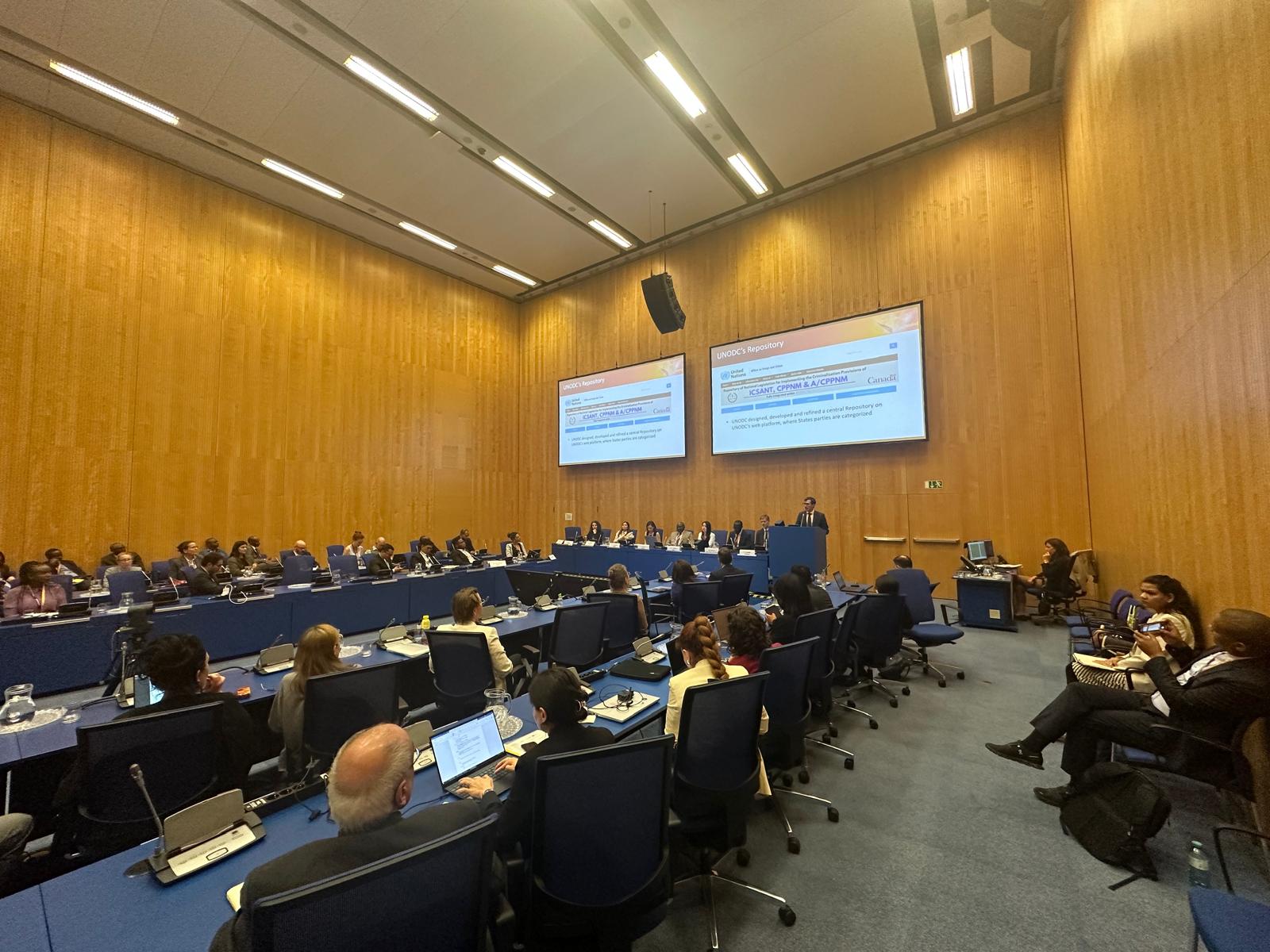Strong legal frameworks can serve as a deterrent for terrorists or other criminals and are the basis for ensuring that perpetrators are held accountable for acts of terrorism.
In the context of nuclear or radiological terrorism, the International Convention for the Suppression of Acts of Nuclear Terrorism (ICSANT), the Convention on the Physical Protection of Nuclear Material (CPPNM) and its Amendment (A/CPPNM) are three instruments which require that States parties thereto include certain conduct involving nuclear or other radioactive material as criminal offenses in their national legislation in order to, inter alia, avoid safe havens for nuclear (under CPPNM,A/CPPNM and ICSANT) and radiological terrorism (under ICSANT).
Given the trans-national nature of these threats, ICSANT, CPPNM and A/CPPNM can only reach their full potential when all States are party to them. However, many States have not yet adhered to them and/or implemented all of their provisions into their national legislation.

UNODC, pursuant to the mandate conferred to it by the United Nations General Assembly, continues to assist States in adhering to and effectively implementing the international legal framework to counter radiological and nuclear terrorism. This includes the provision of legislative and technical assistance, as well as the development of new tools.
As such, UNODC has developed a Repository of national legislation for implementing the criminalization provisions of ICSANT, CPPNM & A/CPPNM, with funding from the Government of Canada.
The Repository was launched at the IAEA’s International Conference on Nuclear Security (ICONS) and is available on UNODC’s website. Regularly updated, the Repository serves as a technical reference tool and compiles existing practices for the consideration of criminal justice practitioners during their national implementation process.
The Repository gathers examples of legislation implementing the criminalization provisions of ICSANT, CPPNM and A/CPPNM and is intended to promote awareness of the need to adhere to and incorporate their requirements into national legislation. The Repository is integrated within UNODC’s SHERLOC (Sharing Electronic Resources and Laws on Crime) platform and seeks to increase the amount of nuclear-security specific legislation available on it.
Further, the Repository aims to promote the harmonization of such legislation across jurisdictions and contribute to more effective international cooperation, and in turn increase international abilities to manage nuclear and radiological security threats.
For additional information and/or to submit your State’s implementing legislation, kindly e-mail: unodc-icsant@un.org.
